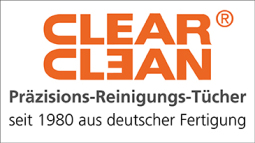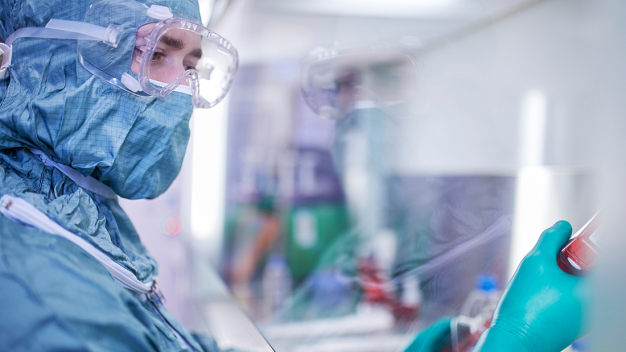- Science
EU-funded JOIN4ATMP project aims to overcome regulatory obstacles
They offer hope for people who do not respond to conventional treatments or for whom there is no effective therapy yet available: advanced therapy medicinal products (ATMPs). The first of these novel medications, developed using genetic and cell technologies, were officially approved just five years ago. Some of them have been great successes, while others have made a mere blip on the market. JOIN4ATMP, a Europe-wide project, is now being launched under the coordination of Charité – Universitätsmedizin Berlin, with support from the Berlin Institute of Health at Charité (BIH). The project aims to identify the obstacles standing in the way of these new treatments and determine what is needed to ensure that people in Europe can have fast, safe, and equitable access to them.
Gene and cell therapies are among the most important innovations in the healthcare sector. And they reflect advances in science and technology. They have the potential to radically reshape the treatment of cancer, autoimmune diseases, neurodegenerative disorders, and many rare genetic conditions. But the path to approval and clinical use of these products is long and often fraught with difficulty.
That was the reason the European University Hospital Alliance (EUHA) founded the European Center for Cell and Gene Cancer Therapies (EUCCAT) four years ago. The center’s aim is to facilitate the clinical use of ATMPs developed at higher education institutions and further consolidate the basic research conducted in Europe. The newly launched JOIN4ATMP project originated with the virtual institute. All members of the EUHA, together with the existing EU-funded RESTORE and T2EVOLVE networks, biotech companies, and patient advocacy organization EURORDIS – Rare Diseases Europe, will work together to identify obstacles and propose solutions geared toward real-world practice – so that these innovative treatments are made affordable and accessible to all patients.
“Living” medications
ATMPs are based on genes, tissue, or cells, so they often contain living components. For example, it is possible to take white blood cells from a patient with leukemia and genetically modify them in a lab so that, once reintroduced into the body, they can detect and destroy cancer cells. ATMPs can be tailored to individual patients more effectively than traditional medications, which makes them especially suitable for treating rare diseases and cancers that currently have no or inadequate treatment options.
Although there are many ATMPs currently in development, very few have been approved for the European market to date. The problem is that the regulatory rules for approval of conventional medicinal products – which require clinical trials involving large numbers of patients, for example – do not translate to these complex gene and cell therapies.
Reshaping the landscape
This is where JOIN4ATMP, which is slated to receive about three million euros in funding from the European Commission over a three-year period, comes in. “Our goal is to devise concrete recommendations for how patients in Europe can gain access to innovative gene and cell therapies faster,” says Prof. Annette Künkele-Langer of the Department of Pediatric Oncology and Hematology at Charité, which is leading the consortium. “To that end, we are bringing knowledge and experience in preclinical development, production, clinical testing, market approval, and reimbursement of ATMPs together Europe-wide and analyzing the obstacles and how they can be overcome at the medical, regulatory, and economic levels.” The experts will present their conclusions in the form of guidelines, recommendations, and white papers, thereby advancing the European strategy for novel therapies. They will form the basis for new approval processes tailored to ATMPs and create the overall conditions needed for standardized, decentralized manufacturing of gene and cell therapies even as the application of rigorous good manufacturing practices (GMPs) is expanded at the European level.
Charité – Universitätsmedizin Berlin
10117 Berlin
Germany









